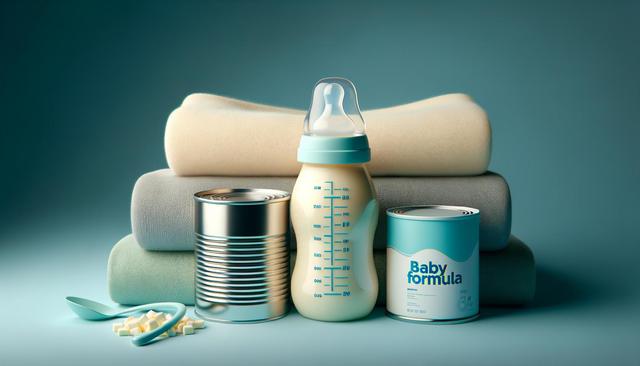What Causes Genital Psoriasis?
Genital psoriasis is a specific form of psoriasis that affects the skin around the genital area. Understanding what causes genital psoriasis is essential for effective treatment and management. This condition is not contagious, but it results from an overactive immune response that accelerates skin cell growth, leading to inflamed, scaly patches. While the exact cause of psoriasis remains unknown, several factors can contribute to flare-ups, including:
- Genetics: A family history of psoriasis increases the likelihood of developing the condition.
- Immune system dysfunction: Psoriasis is considered an autoimmune disease where the body mistakenly attacks healthy skin cells.
- Environmental triggers: Stress, infections, skin injuries, and certain medications can trigger or worsen symptoms.
In the case of genital psoriasis, friction, sweat, and tight clothing can further aggravate the skin, making it essential to choose gentle care products and avoid irritants. Recognizing these triggers and avoiding them where possible can significantly reduce the frequency and intensity of outbreaks.
Recognizing Genital Psoriasis Symptoms
Genital psoriasis symptoms can differ from those of psoriasis on other parts of the body. The skin in the genital area is more sensitive, so symptoms may appear without the characteristic thick scaling seen elsewhere. Common signs among individuals with genital psoriasis, including genital psoriasis women, include:
- Red, shiny patches of skin without scaling
- Itching or burning sensation
- Cracks or splits in the skin, especially in skin folds
- Pain or discomfort during physical activity or intimacy
It’s important to differentiate genital psoriasis from other conditions such as yeast infections, contact dermatitis, or sexually transmitted infections. A proper diagnosis from a healthcare provider is crucial for determining the correct treatment approach and avoiding unnecessary discomfort from misdiagnosis.
Vulvar Psoriasis Treatment and Management
Managing psoriasis in sensitive areas such as the vulva requires a delicate balance between effectiveness and gentleness. Vulvar psoriasis treatment typically involves topical therapies that are less irritating than those used on thicker skin. Treatment approaches may include:
- Low-strength corticosteroid creams to reduce inflammation
- Calcineurin inhibitors to control immune responses without thinning the skin
- Moisturizers designed for sensitive skin to prevent dryness and irritation
In addition to medical treatments, lifestyle adjustments can play a pivotal role. These include choosing loose-fitting, breathable underwear made of natural fibers, maintaining proper hygiene with fragrance-free cleansers, and managing stress levels through mindfulness or therapy. When these methods are applied consistently, they can help alleviate symptoms and improve quality of life for women managing genital psoriasis.
Choosing the Right Cream for Genital Psoriasis
Selecting the right topical treatment is essential for comfort and symptom management. While there is no single solution that fits all, discussing options with a healthcare provider can help find the most suitable product. Among the highly rated options, the following considerations are critical when searching for the best cream for genital psoriasis:
- Non-irritating formulation with no added fragrances or dyes
- Low-potency steroids that are safe for use on thin skin
- Creams with soothing ingredients such as aloe vera or colloidal oatmeal
- Prescription options for moderate to severe cases
Avoiding over-the-counter products not specifically formulated for sensitive skin is key. Self-treatment without guidance may worsen symptoms, so medical advice is always recommended before starting any new cream or ointment.
Long-Term Management and When to See a Doctor
Living with genital psoriasis requires long-term management strategies that go beyond treating flare-ups. Creating a comprehensive approach that includes medical treatment, preventive care, and lifestyle modifications can help reduce the impact of this condition. Here are a few long-term tips:
- Keep a symptom diary to identify and avoid potential triggers
- Maintain regular follow-ups with a dermatologist
- Use gentle skin care products consistently
- Address emotional impacts through counseling or support groups
In some cases, symptoms may indicate a more serious issue or require systemic treatments such as biologics or oral medications. If you experience persistent pain, severe itching, or signs of infection, it’s important to consult a healthcare provider promptly. Early and accurate intervention can prevent complications and improve overall skin health.




Leave a Reply